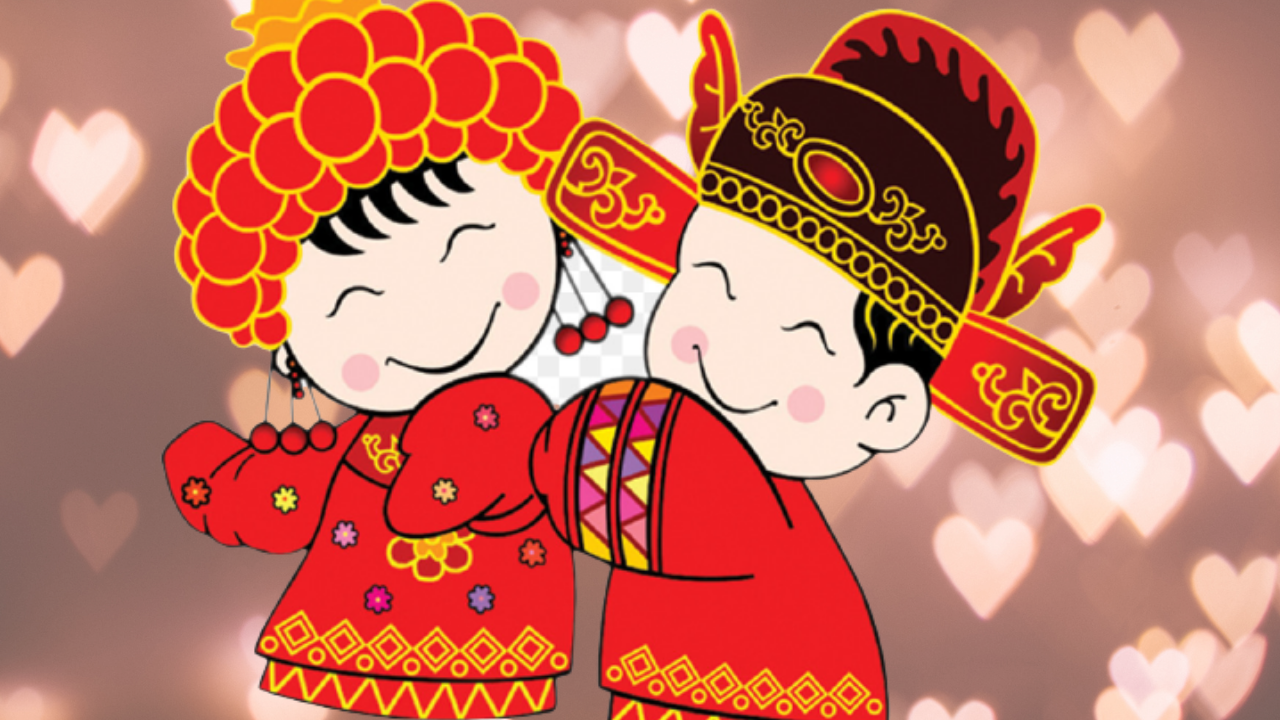Special Desk
Couples living in China can now have more than two kids. China has announced amendment of its laws to allow couples to have up to three children. This however is being done to boost birth rate.
The regulation was one of several passed at a meeting of the country’s top lawmakers, the National People’s Congress (NPC). Chinese couples had to limit their family with one or two children else were deprived to certain facilities. Recent census data had shown a steep decline in the birth rate in China.
China is one country that has been dictating its people to limit family as part of its population policy. But with the limit came a drawback where number of elderly in the society went up steep and young ones remained low. The country has now decided to allow couples to have more children to bring a balance in future.

China had earlier in May announced that it would allow couples to have up to three children, in a major policy shift. That decision has now been formally passed into law, along with several resolutions aimed at boosting the birth rate and reducing the burden of raising a child.
These include cancelling the social maintenance fee – a financial penalty couples pay for having children beyond the limit, encouraging local governments to offer parental leave, increasing women’s employment rights and improving childcare infrastructure.
In 2016, the country had scrapped its decades-old one-child policy to replace it with a two-child limit, but this failed to lead to a sustained upsurge in births. The cost of raising children in cities has deterred many Chinese couples.
China had already passed the law in June, and was expected to put it into Hong Kong and Macau’s mini-constitutions, spelling out how it would be applied. Reports however quoted a lawmaker as saying this was delayed.
Also Read : US concerned about its people in Afganistan
Also Read : Afghanistan President in UAE on humanitarian grounds
Under the law, companies in China are not allowed to implement foreign sanctions against Chinese individuals or entities. On top of that, they are required to help Beijing carry out retaliatory measures, and may face punishment if they refuse.
It was tabled after the US government imposed several rounds of sanctions on Chinese officials – including Hong Kong’s leader Carrie Lam – over Beijing’s crackdown on pro-democracy protests. In response, China imposed its own sanctions on US officials.
 Jubilee Post News & Views
Jubilee Post News & Views




